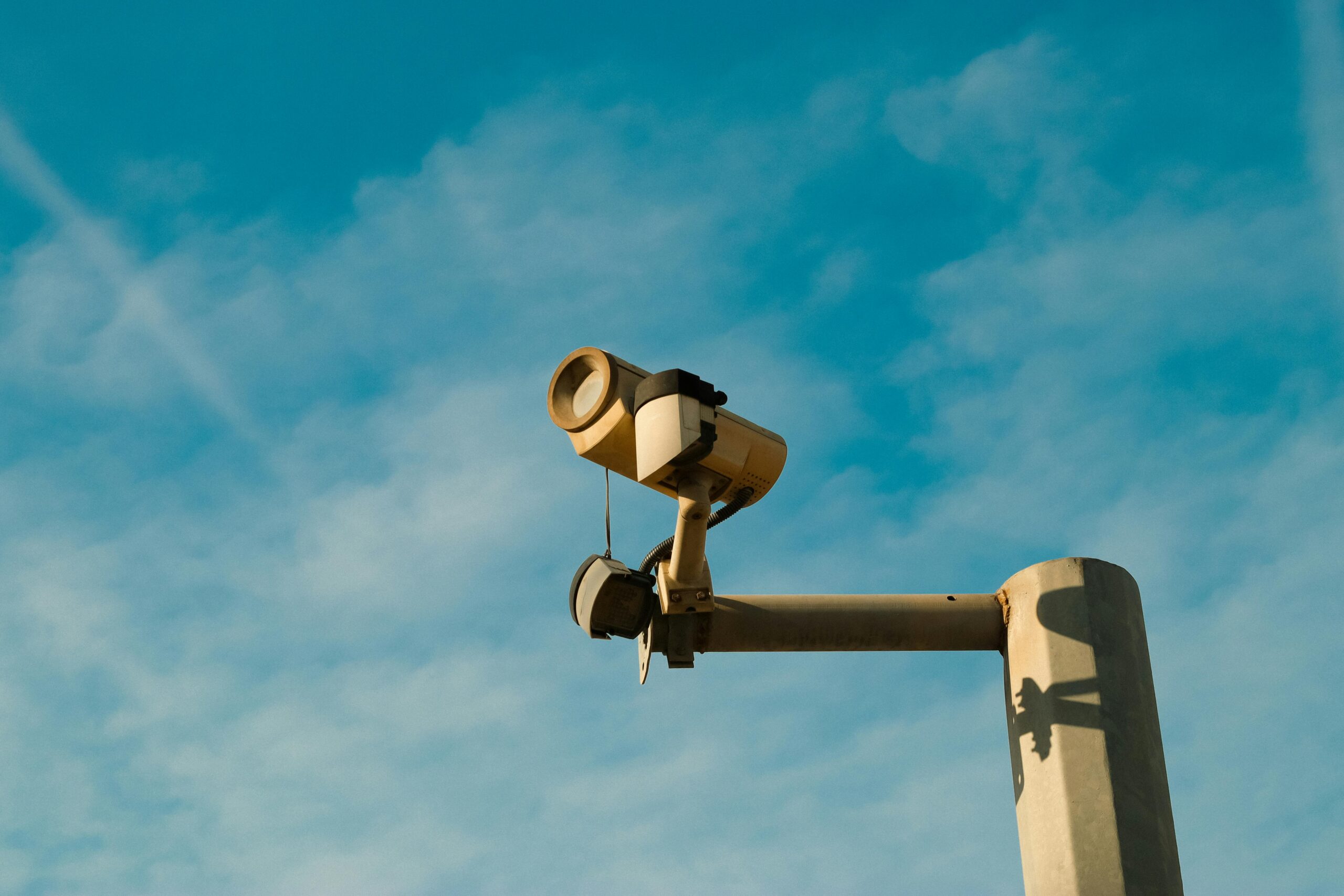The following op-ed was published this past weekend in the Deseret News.
Your photo is being scanned by law enforcement over and over again every single day—without your knowledge and consent. Without your ability to opt out, government officials are scanning your face using software in hopes of matching you against a suspect.
Facial recognition is an exciting technology in a commercial or research context, but becomes scarier when in the hands of law enforcement. More problematic is the fact that Utah officials have been using this technology without any law governing its use—only their own internal policies that they alone control.
A few months ago, The Washington Post reported that federal officials had been searching through driver’s license photos in Utah and elsewhere. As it turns out, based on the state officials who facilitate these requests, their federal partners don’t have direct access. Still, there’s no significant restrictions on the number of photos they’re given, or whether a warrant is required. It’s a free-for-all.
Concerned about your privacy? Sorry, the state won’t let you withdraw from its database. And yes, your minor children are in the database as well as soon as they get their driver’s permit.
Supporters of this process have cited the example of a DUI as a comparison; by driving on the state’s roads, you’ve given implied consent to have your bodily fluids taken and tested should you be suspected of being intoxicated. But it’s a poor example, since state law explicitly says that implied consent is given; there’s no state law saying that getting your photo taken gives the government consent to use it for facial recognition. They also use photos from official state IDs, which have nothing to do with driving. So much for that example.
Supporters also try to defend the practice by saying that it’s a necessary tool to detect attempts to fraudulently obtain a driver’s license. This is a legitimate use case; but extending the tool to criminal investigations, without any judicial oversight or requirement that people opt in to having their faces scanned for this purpose, is unjust scope creep.
Should law enforcement turn into a real-time dragnet whereby dashcams, body cameras, red light traffic cameras, and many more surveil the populace and identify who is traveling where? It’s something once relegated to dystopian novels, yet can easily become our reality without proper restraints in place.
For their part, Utah officials have not sought to allow facial recognition for so-called “live scanning,” and when a proposal to do so was recently pitched to legislators, the committee didn’t support the request.
On its face, there’s not much to be worried about with government having one’s photo; we don’t have too strong a privacy interest in keeping a single photo private. What elevates the concern substantially is the new options afforded to the government when technology is introduced; facial recognition changes how government can utilize a photo, and therefore demands a new discussion to balance privacy.
Consider this: technology currently exists allowing the government to determine what someone looks like based on nothing more than their DNA. That means the police can swab a restaurant, for example, collect the DNA from hundreds of people a day, and generate eerily accurate faces of who was present.
Now pair that technology with facial recognition and live scanning, empowering the government to determine where those people are as they travel to and from their home, place of worship, or the grocery store.
It’s an Orwellian exercise to ponder, yet it’s entirely within the realm of possibility. The degree to which law enforcement is empowered by new technology can be both a curse and a blessing, but it’s more of the former if these tools aren’t paired with restrictions that protect privacy and ensure they are used responsibly and with limits.
That’s why, when they convene in January, the Utah Legislature should put handcuffs on facial recognition and make sure that elected officials enact strong privacy protections to limit the ability of law enforcement to do mass searching of our driver’s license photos.




